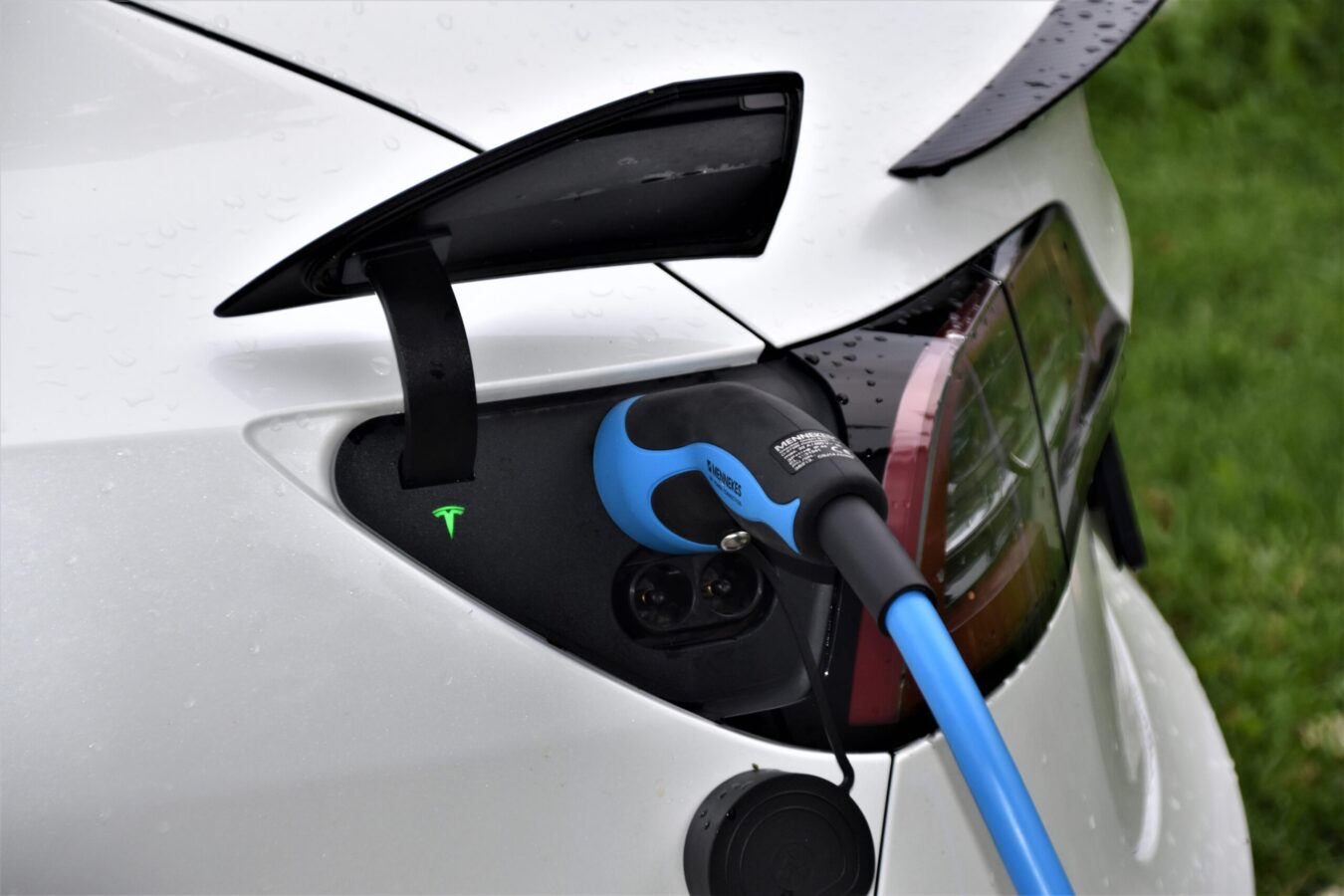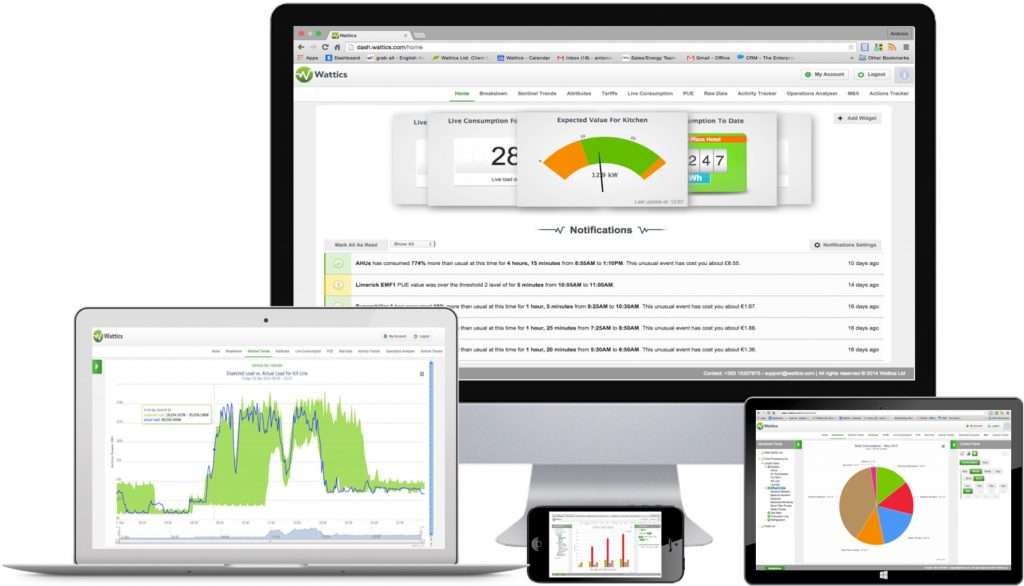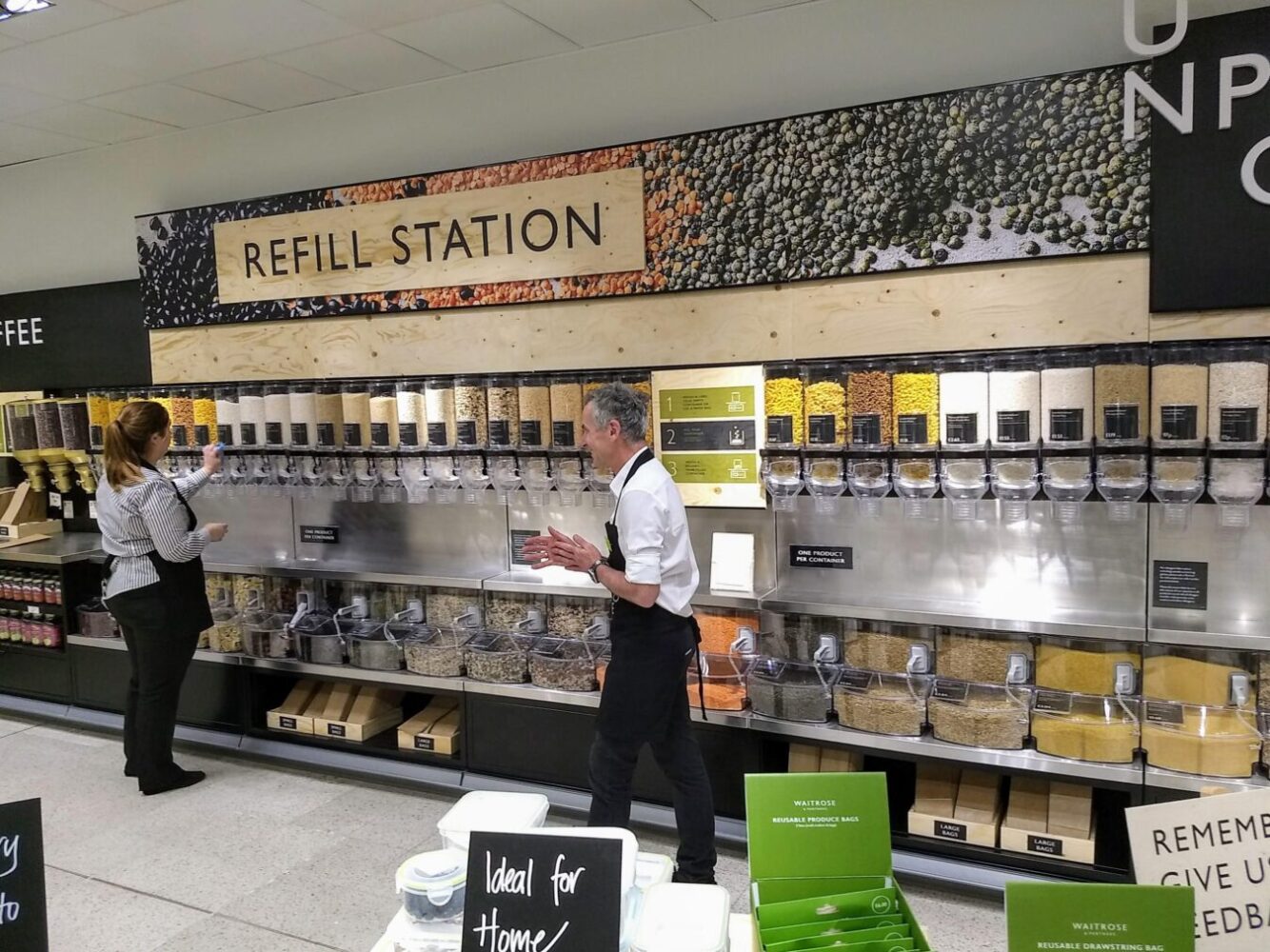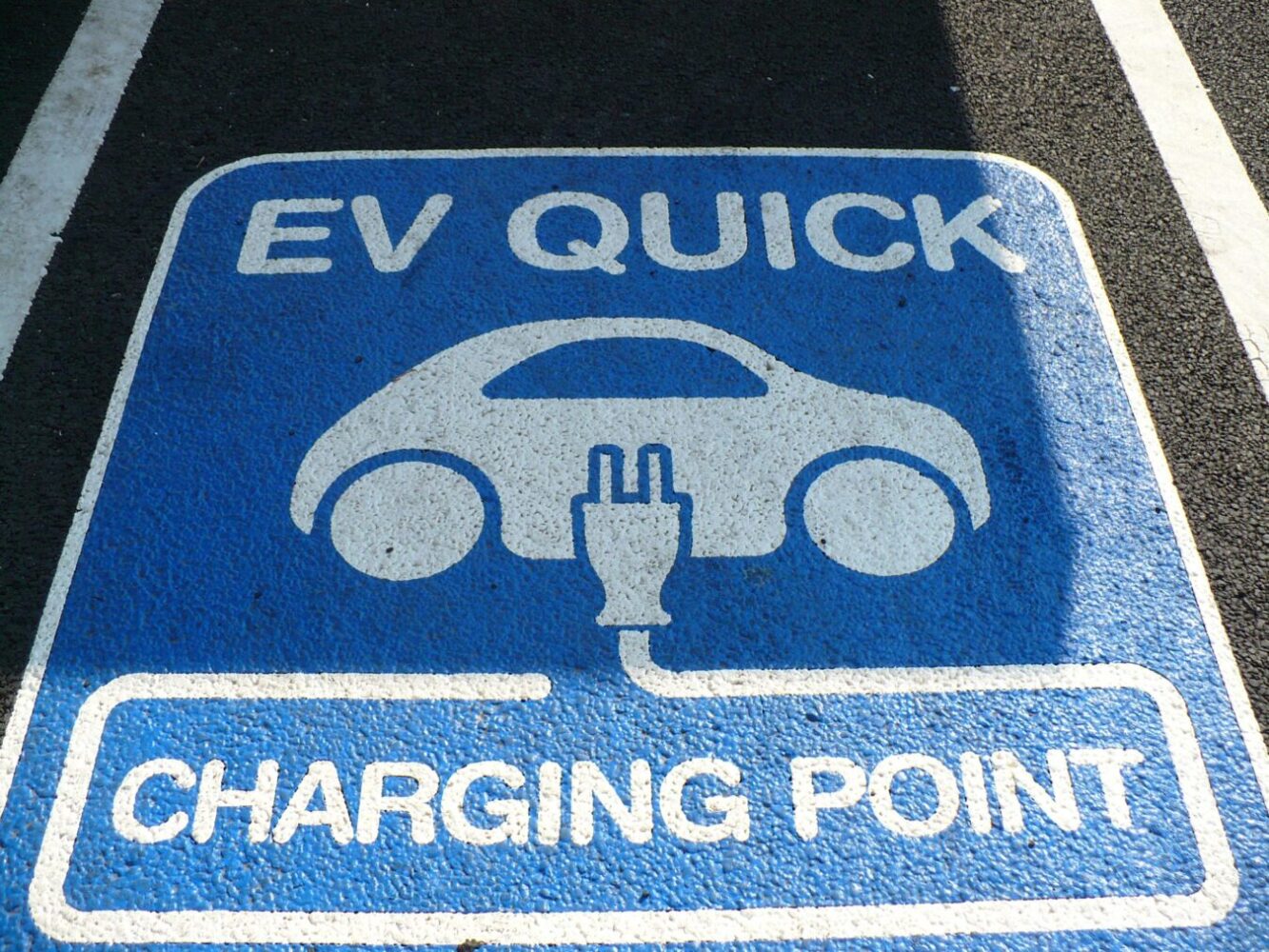Environmental and social practices
 The emphasis on environmental and social practices in the supply chain has never been greater. This comes as no surprise when McKinsey states 90% of a company’s environmental impact comes via its supply chain. As the pressure grows on large corporations to display greener practices, then so does that on their suppliers. Traceability and transparency of ethical, environmental and social practices moves to the forefront in a world where a single social media representative has the power to damage a reputation.
The emphasis on environmental and social practices in the supply chain has never been greater. This comes as no surprise when McKinsey states 90% of a company’s environmental impact comes via its supply chain. As the pressure grows on large corporations to display greener practices, then so does that on their suppliers. Traceability and transparency of ethical, environmental and social practices moves to the forefront in a world where a single social media representative has the power to damage a reputation.
The same McKinsey report suggests 85% of consumers would buy from a company with a reputation for sustainability, given price parity with a company of neutral reputation. For example, Sony’s Supply Chain Code of Conduct requests suppliers reduce their environmental impact, display explicit control of chemical substance and comply with social standards.
The financial cost to businesses
 Although the environmental impact of poor practice is what creates headlines, the associated cost of inefficient energy or water usage has a direct effect on the end product unit cost. Deloitte, one of the world’s largest independent auditors and administrators, suggests potential suppliers, “reduce warehouse energy spend through onsite rooftop solar photovoltaics, and reduce transportation fuel costs through truck electrification technologies powered by the same system”. Such a move would improve forecasts and reduce exposure to commodity price fluctuation associated with energy from traditional fossil fuels. This alone should lead to lower operating costs, and therefore reduced unit cost for the end product or service.
Although the environmental impact of poor practice is what creates headlines, the associated cost of inefficient energy or water usage has a direct effect on the end product unit cost. Deloitte, one of the world’s largest independent auditors and administrators, suggests potential suppliers, “reduce warehouse energy spend through onsite rooftop solar photovoltaics, and reduce transportation fuel costs through truck electrification technologies powered by the same system”. Such a move would improve forecasts and reduce exposure to commodity price fluctuation associated with energy from traditional fossil fuels. This alone should lead to lower operating costs, and therefore reduced unit cost for the end product or service.
Improving CSR
 Becoming a contracted supplier to some of the largest corporations remains a longterm goal for many smaller manufacturers and distributors. We’ve summarised a few key actions you can take regarding Corporate Social Responsibility (CSR) to assist your business in becoming a favoured supplier at a time when so many medium to large corporations issue ever-stricter guidelines for supplier practices.
Becoming a contracted supplier to some of the largest corporations remains a longterm goal for many smaller manufacturers and distributors. We’ve summarised a few key actions you can take regarding Corporate Social Responsibility (CSR) to assist your business in becoming a favoured supplier at a time when so many medium to large corporations issue ever-stricter guidelines for supplier practices.
Breaking CSR down
 CSR can be split into three key areas: environment, workforce and ethics.
CSR can be split into three key areas: environment, workforce and ethics.
Here we’ve explored how each element can be addressed in your business, and other businesses in your own supply chain, to create a watertight CSR policy:
1. Environment
Energy consumption
 Reduce your reliance on grid energy by installing solar photovoltaic panels on your roof to provide local energy from a renewable source
Reduce your reliance on grid energy by installing solar photovoltaic panels on your roof to provide local energy from a renewable source- Make the switch to electric vehicles, able to be charged via the locally generated solar energy
- Replace inefficient lighting, which is responsible for up to 20% of non-domestic energy use in the UK
- There may be grants available in your area to assist in your move to LED lighting and solar photovoltaic panels.
Water consumption
 Washroom items including toilets and taps consume significant volumes of water, but the installation of sensor-controlled products and repairing any leaks, can lead to a significant reduction in freshwater usage
Washroom items including toilets and taps consume significant volumes of water, but the installation of sensor-controlled products and repairing any leaks, can lead to a significant reduction in freshwater usage- For manufacturing businesses, recycled or harvested rainwater can be used for cooling or landscaping activities.
Waste control
 Employ efficient packaging solutions, maximising the use of recycled or repurposed materials where possible
Employ efficient packaging solutions, maximising the use of recycled or repurposed materials where possible- Adhere to legal waste management practices, maximise recycling and use of recycled materials
- Reduce reliance on paper with digital records and processes.
End-of-Life (EoL) strategy
 Stipulate the process for recycling or disposal of products once they’ve reached the end of their usable life. In some industries, legislative factors such as the WEEE (Waste Electronic and Electrical Equipment) play a part. In other sectors, it’s a relatively new consideration for designers and engineers at the product design phase
Stipulate the process for recycling or disposal of products once they’ve reached the end of their usable life. In some industries, legislative factors such as the WEEE (Waste Electronic and Electrical Equipment) play a part. In other sectors, it’s a relatively new consideration for designers and engineers at the product design phase- Options to consider are remanufacturing, repurposing, reuse, repair, recycling, composting, incineration or landfill.
2. Workforce
Responsible travel
 Minimise carbon emissions through greener working practices, closely related to the energy efficiency points above
Minimise carbon emissions through greener working practices, closely related to the energy efficiency points above- Digital meetings rather than face to face
- Reduce flight hours
- Use shared public transport, where possible
- Drive efficient cars.
Health and Safety
 Ensuring employee health and safety is one of the most basic business practices, however overzealous practices often lead to ridicule rather than respect. Use feedback from the workforce and common sense alongside legislation to determine the best approach for your business.
Ensuring employee health and safety is one of the most basic business practices, however overzealous practices often lead to ridicule rather than respect. Use feedback from the workforce and common sense alongside legislation to determine the best approach for your business.
Social care

- Pastoral care may feel like it’s limited to schools and colleges, but adults need support too, as so often they dedicate standard working hours and so much more to your business. Offering mental health support is a valued service in today’s always-on working environment.
Work/life balance
 Striking a balance between work and life has historically been the responsibility of the employee, however, as an employer, you need to take some responsibility that your team’s personal lives are not unacceptably impacted by their job
Striking a balance between work and life has historically been the responsibility of the employee, however, as an employer, you need to take some responsibility that your team’s personal lives are not unacceptably impacted by their job- Consider adding further discussion points on social wellbeing to the regular reviews you conduct with employees.
3. Ethics
Responsible marketing and advertising
 Overpromising or misleading marketing can do irreparable damage to your business and such messaging will be scrutinised by potential customers. Your marketing messages need to be consistent, timely, relevant and honest.
Overpromising or misleading marketing can do irreparable damage to your business and such messaging will be scrutinised by potential customers. Your marketing messages need to be consistent, timely, relevant and honest.
Anti-competitive practices
 Reducing trade or competition in any given market is at best unethical and at worst unlawful
Reducing trade or competition in any given market is at best unethical and at worst unlawful- Price fixing, bid rigging, boycotts, misuse of patents, and improper mergers and acquisitions are all classed as anti-competitive practices
- If you’re committed to becoming the preferred supplier to a specific business, eliminate any suggestion of improper conduct and play fair.
Honesty and integrity
 Upholding strong ethical principles reduces the risk of your business relationships souring, while increasing longterm employee retention. Outline your ethical standards in your employee handbook to foster a company-wide approach to be respected by all employees, as well as in external documents for potential customers to digest.
Upholding strong ethical principles reduces the risk of your business relationships souring, while increasing longterm employee retention. Outline your ethical standards in your employee handbook to foster a company-wide approach to be respected by all employees, as well as in external documents for potential customers to digest.
A strong CSR policy pays
Having a robust CSR policy is instrumental in developing new customer relationships as increasing emphasis is placed on more than just products and price.
At Ineco Energy we can help with your environmental impact as a business, increasing energy efficiency and sustainability. For more information, please see our Business page.
Sources:
https://e-csr.net/sustainability-supply-chain-27935/
https://www.sony.net/SonyInfo/procurementinfo/expectation.html
